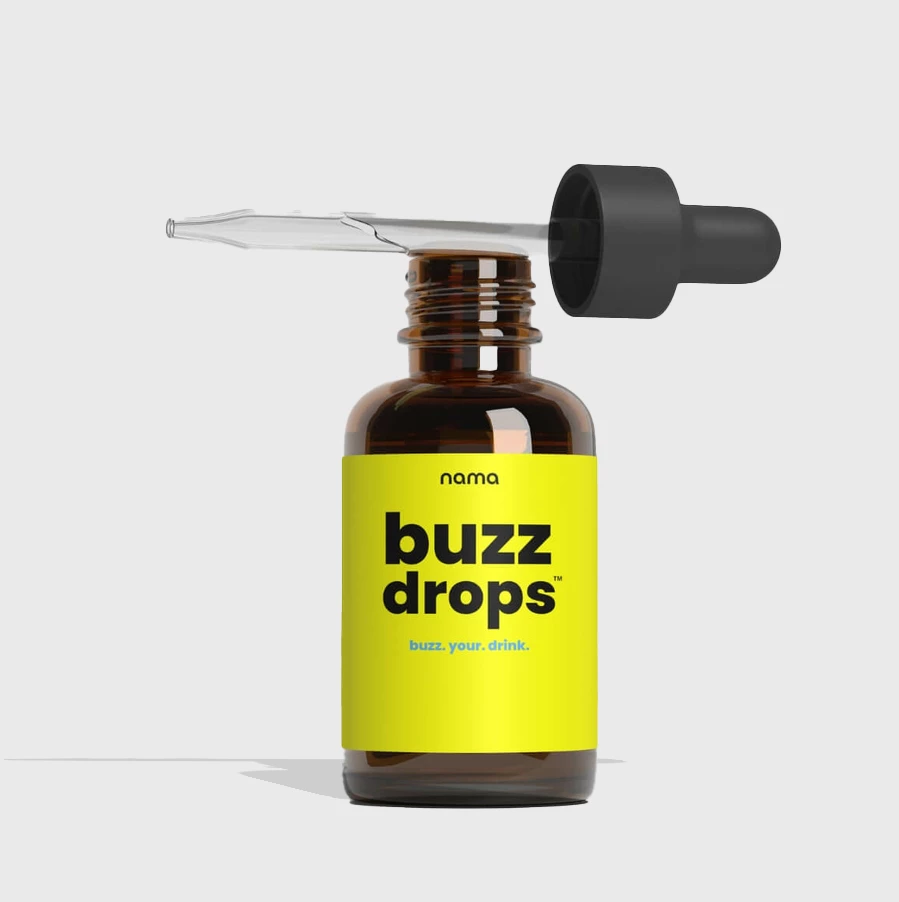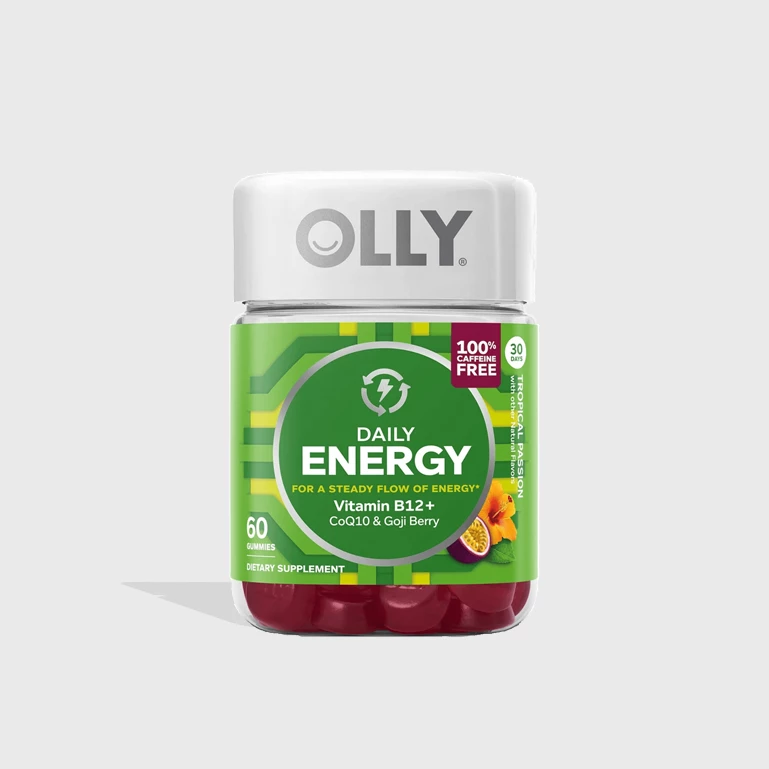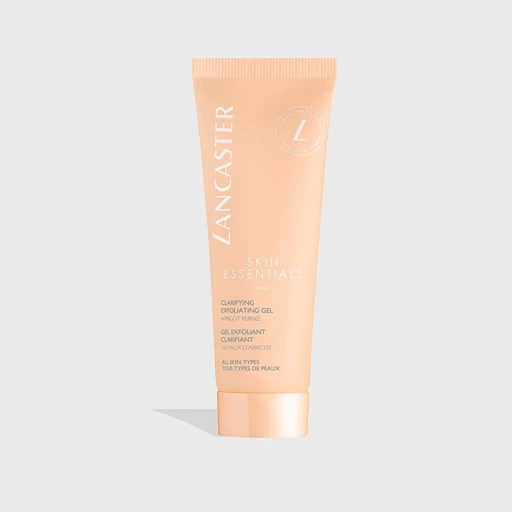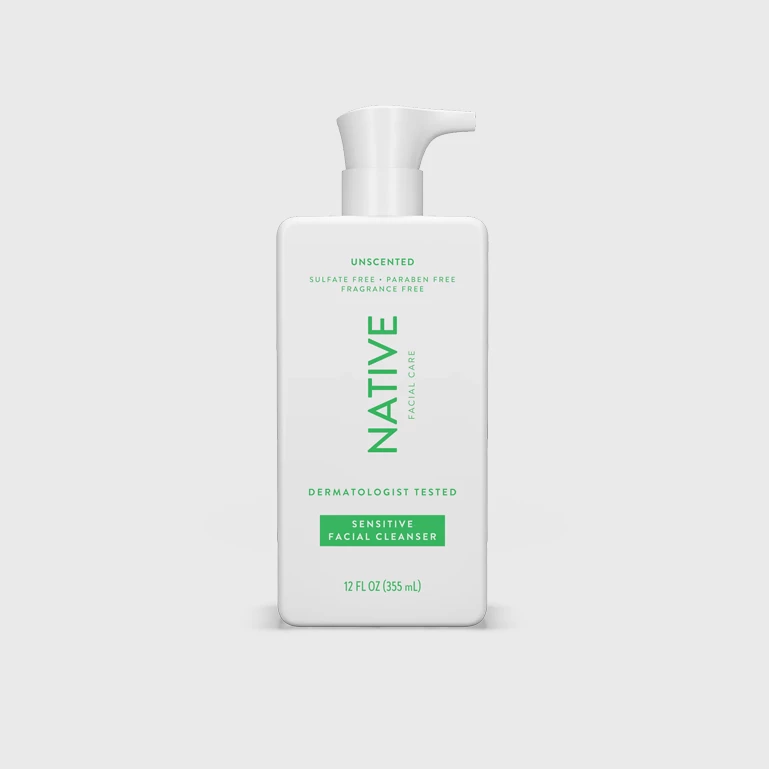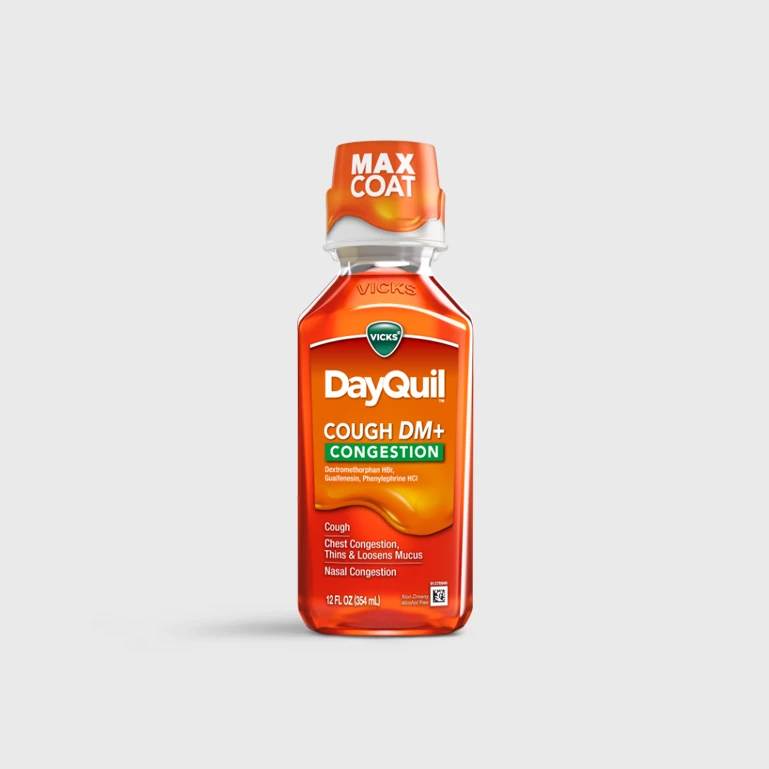<p>As more people explore CBD (cannabidiol) for its wellness benefits, a common question arises about its use during post-surgery recovery. With its anti-inflammatory and analgesic (pain-relieving) properties, CBD may be a beneficial addition to post-operative care. But when is it safe to introduce CBD edibles after surgery, and what are the specific considerations to keep in mind? In this article, we’ll discuss the potential benefits, timing, and safety considerations for CBD edibles following different types of surgery.</p> <hr /> <h3>What Are the Benefits of CBD Edibles After Surgery?</h3> <p>CBD edibles, such as gummies, chocolates, or capsules, offer a discreet, convenient, and often longer-lasting way to manage post-operative discomfort and support healing. Here are a few specific benefits of CBD after surgery:</p> <ol> <li> <p><strong>Pain Management</strong><br /> CBD interacts with receptors in the endocannabinoid system, potentially helping to reduce pain perception and inflammation without the psychoactive effects of THC. For people looking to reduce their reliance on opioids, CBD can be an appealing alternative or complement.</p> </li> <li> <p><strong>Reduced Inflammation</strong><br /> Post-surgical inflammation is common, especially after procedures involving joints or muscle tissue. CBD has been shown to have anti-inflammatory properties, which may help reduce swelling and discomfort.</p> </li> <li> <p><strong>Improved Sleep</strong><br /> Quality sleep is essential for healing, and CBD is known to promote relaxation and reduce anxiety, making it easier to get the rest needed for recovery.</p> </li> <li> <p><strong>Reduced Anxiety and Stress</strong><br /> Surgery can be a stressful experience, and the recovery process can sometimes feel overwhelming. CBD’s anxiolytic (anti-anxiety) effects may help ease this stress, fostering a better mindset for healing.</p> </li> </ol> <hr /> <h3>When Can I Start Taking CBD Edibles After Surgery?</h3> <p>There’s no one-size-fits-all answer for when to start taking CBD edibles after surgery, as it depends on several factors, including the type of surgery, your personal health status, and your doctor’s guidance. Here are some general guidelines:</p> <ul> <li> <p><strong>First Week (Immediately Post-Surgery)</strong><br /> It’s generally advisable to avoid introducing CBD (or any supplements) in the immediate days after surgery unless approved by your healthcare provider. This initial period is often when the body is adjusting to pain medications, anesthesia effects, and a focus on wound healing. Introducing CBD at this point could interact with prescribed medications, so it’s best to hold off.</p> </li> <li> <p><strong>After 1-2 Weeks (When Healing Is Underway)</strong><br /> Once the initial healing phase has passed, many people can consider introducing CBD to help with lingering pain, inflammation, or sleep issues. During this period, consult your surgeon to confirm that CBD is appropriate and will not interfere with your prescribed medications.</p> </li> <li> <p><strong>After Full Medication Clearance</strong><br /> If you’re taking medications post-surgery, such as pain relievers, anti-inflammatories, or antibiotics, confirm with your doctor that CBD will not interfere with these. CBD can interact with certain medications, so it’s essential to ensure safety before starting.</p> </li> </ul> <hr /> <h3>Types of Surgery and CBD: Specific Considerations</h3> <p>Different surgeries require varying approaches to recovery. Here’s what you should know about CBD use after certain types of surgery:</p> <ol> <li> <p><strong>Orthopedic Surgery (Joint and Bone Surgery)</strong><br /> CBD may be particularly helpful following joint or bone surgery, as these areas often experience inflammation and pain. <a href="https://vliso.ai/search?category_id=Edibles&view_all_flag=1">CBD edibles</a> can offer extended relief, which may aid in managing the discomfort of swelling around the surgery site. However, orthopedic patients should pay close attention to dosage and timing, as overuse can sometimes mask pain signals necessary for tracking proper recovery.</p> </li> <li> <p><strong>Soft Tissue Surgery (Muscle or Tendon Surgery)</strong><br /> Healing in soft tissues can benefit from CBD’s anti-inflammatory properties, potentially speeding up the healing process. With soft tissue injuries, it’s important to allow the body to fully heal, so consult with your physician to understand when CBD can be introduced without overstimulating the repair process.</p> </li> <li> <p><strong>Abdominal Surgery (Gastrointestinal or Gynecological)</strong><br /> If you’ve undergone abdominal surgery, introducing CBD requires more caution, as it could impact digestion or cause nausea in some people. Start with a lower dose if cleared by your doctor. Additionally, edibles take longer to digest, which can strain a healing GI tract, so you may want to explore other methods (e.g., sublingual oils) if allowed.</p> </li> <li> <p><strong>Dental Surgery</strong><br /> CBD can be useful following dental procedures for pain management, especially when inflammation of the gums and jaw is present. However, edibles may irritate the mouth area, especially if chewing is involved. Soft, meltable edibles, like CBD mints or chocolates, may be preferable if your dentist or oral surgeon gives the green light.</p> </li> <li> <p><strong>Cardiac or Vascular Surgery</strong><br /> For cardiac patients, it’s important to be cautious, as some studies suggest that CBD may lower blood pressure. This effect could interfere with prescribed heart medications or impact heart rate regulation, especially shortly after surgery. Always consult with a cardiologist before introducing CBD into your post-surgery regimen.</p> </li> </ol> <hr /> <h3>Dosage Recommendations for Post-Surgical CBD Use</h3> <p>Finding the right dosage for post-surgical CBD can be challenging. Start with a low dose (e.g., 5–10 mg) and increase gradually, paying attention to how your body responds. Edibles generally provide effects lasting 6-8 hours, which makes them a good option for prolonged relief. However, always keep in mind that everyone’s body and metabolism are different, so effects and dosing requirements will vary.</p> <hr /> <h3>Potential Risks and Precautions</h3> <p>While CBD has a strong safety profile, there are still some important considerations to keep in mind:</p> <ul> <li> <p><strong>Medication Interactions</strong><br /> CBD can interfere with certain medications by affecting how the liver metabolizes drugs. This includes some blood thinners, painkillers, and anti-inflammatory drugs. Speak with your healthcare provider about any potential interactions.</p> </li> <li> <p><strong>Monitoring for Side Effects</strong><br /> Although rare, CBD can cause side effects such as dry mouth, fatigue, or diarrhea. If you notice any adverse reactions, especially during post-surgery recovery, discontinue use and consult your doctor.</p> </li> <li> <p><strong>Avoiding High Doses</strong><br /> High doses of CBD can sometimes lead to drowsiness or excessive relaxation, which can hinder physical therapy efforts. Stay mindful of dosing and monitor your energy levels, especially if you’re using CBD for extended relief.</p> </li> <li> <p><strong>Know Your Source</strong><br /> Purchase CBD products from reputable brands that provide third-party lab testing to verify product contents. Choosing quality CBD helps you avoid harmful additives that may interfere with healing.</p> </li> </ul> <hr /> <h3>Final Thoughts: Is CBD Right for Your Post-Surgery Recovery?</h3> <p>CBD can offer meaningful support during post-surgery recovery, particularly in reducing inflammation, managing pain, and aiding sleep. However, timing, dosage, and proper medical consultation are key. Always speak with your surgeon or healthcare provider to ensure that CBD won’t interact with your specific medications or interfere with the healing process of your surgery type. With a mindful approach, CBD edibles could become a beneficial component of your recovery routine, helping you feel more comfortable and at ease as you heal.</p>
CBD Edibles After Surgery: Tips for Effective Healing
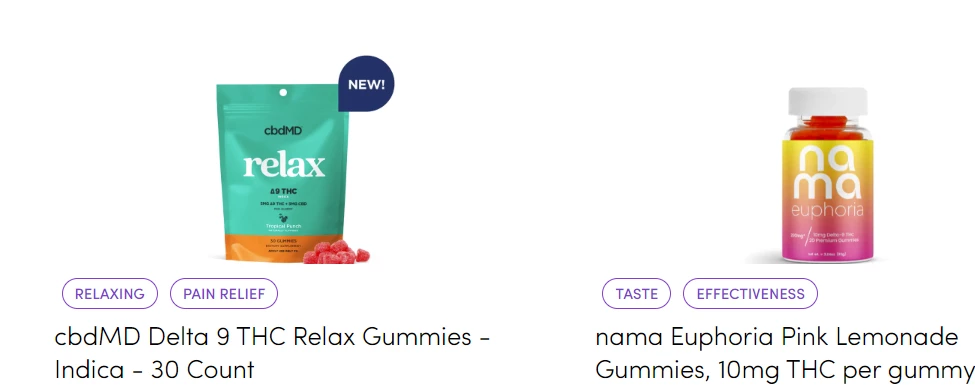
As more people explore CBD (cannabidiol) for its wellness benefits, a common question arises about its use during post-surgery recovery. With its anti-inflammatory and analgesic (pain-relieving) properties, CBD may be a beneficial addition to post-operative care. But when is it safe to introduce CBD edibles after surgery, and what are the specific considerations to keep in mind? In this article, we’ll discuss the potential benefits, timing, and safety considerations for CBD edibles following different types of surgery.
What Are the Benefits of CBD Edibles After Surgery?
CBD edibles, such as gummies, chocolates, or capsules, offer a discreet, convenient, and often longer-lasting way to manage post-operative discomfort and support healing. Here are a few specific benefits of CBD after surgery:
-
Pain Management
CBD interacts with receptors in the endocannabinoid system, potentially helping to reduce pain perception and inflammation without the psychoactive effects of THC. For people looking to reduce their reliance on opioids, CBD can be an appealing alternative or complement. -
Reduced Inflammation
Post-surgical inflammation is common, especially after procedures involving joints or muscle tissue. CBD has been shown to have anti-inflammatory properties, which may help reduce swelling and discomfort. -
Improved Sleep
Quality sleep is essential for healing, and CBD is known to promote relaxation and reduce anxiety, making it easier to get the rest needed for recovery. -
Reduced Anxiety and Stress
Surgery can be a stressful experience, and the recovery process can sometimes feel overwhelming. CBD’s anxiolytic (anti-anxiety) effects may help ease this stress, fostering a better mindset for healing.
When Can I Start Taking CBD Edibles After Surgery?
There’s no one-size-fits-all answer for when to start taking CBD edibles after surgery, as it depends on several factors, including the type of surgery, your personal health status, and your doctor’s guidance. Here are some general guidelines:
-
First Week (Immediately Post-Surgery)
It’s generally advisable to avoid introducing CBD (or any supplements) in the immediate days after surgery unless approved by your healthcare provider. This initial period is often when the body is adjusting to pain medications, anesthesia effects, and a focus on wound healing. Introducing CBD at this point could interact with prescribed medications, so it’s best to hold off. -
After 1-2 Weeks (When Healing Is Underway)
Once the initial healing phase has passed, many people can consider introducing CBD to help with lingering pain, inflammation, or sleep issues. During this period, consult your surgeon to confirm that CBD is appropriate and will not interfere with your prescribed medications. -
After Full Medication Clearance
If you’re taking medications post-surgery, such as pain relievers, anti-inflammatories, or antibiotics, confirm with your doctor that CBD will not interfere with these. CBD can interact with certain medications, so it’s essential to ensure safety before starting.
Types of Surgery and CBD: Specific Considerations
Different surgeries require varying approaches to recovery. Here’s what you should know about CBD use after certain types of surgery:
-
Orthopedic Surgery (Joint and Bone Surgery)
CBD may be particularly helpful following joint or bone surgery, as these areas often experience inflammation and pain. CBD edibles can offer extended relief, which may aid in managing the discomfort of swelling around the surgery site. However, orthopedic patients should pay close attention to dosage and timing, as overuse can sometimes mask pain signals necessary for tracking proper recovery. -
Soft Tissue Surgery (Muscle or Tendon Surgery)
Healing in soft tissues can benefit from CBD’s anti-inflammatory properties, potentially speeding up the healing process. With soft tissue injuries, it’s important to allow the body to fully heal, so consult with your physician to understand when CBD can be introduced without overstimulating the repair process. -
Abdominal Surgery (Gastrointestinal or Gynecological)
If you’ve undergone abdominal surgery, introducing CBD requires more caution, as it could impact digestion or cause nausea in some people. Start with a lower dose if cleared by your doctor. Additionally, edibles take longer to digest, which can strain a healing GI tract, so you may want to explore other methods (e.g., sublingual oils) if allowed. -
Dental Surgery
CBD can be useful following dental procedures for pain management, especially when inflammation of the gums and jaw is present. However, edibles may irritate the mouth area, especially if chewing is involved. Soft, meltable edibles, like CBD mints or chocolates, may be preferable if your dentist or oral surgeon gives the green light. -
Cardiac or Vascular Surgery
For cardiac patients, it’s important to be cautious, as some studies suggest that CBD may lower blood pressure. This effect could interfere with prescribed heart medications or impact heart rate regulation, especially shortly after surgery. Always consult with a cardiologist before introducing CBD into your post-surgery regimen.
Dosage Recommendations for Post-Surgical CBD Use
Finding the right dosage for post-surgical CBD can be challenging. Start with a low dose (e.g., 5–10 mg) and increase gradually, paying attention to how your body responds. Edibles generally provide effects lasting 6-8 hours, which makes them a good option for prolonged relief. However, always keep in mind that everyone’s body and metabolism are different, so effects and dosing requirements will vary.
Potential Risks and Precautions
While CBD has a strong safety profile, there are still some important considerations to keep in mind:
-
Medication Interactions
CBD can interfere with certain medications by affecting how the liver metabolizes drugs. This includes some blood thinners, painkillers, and anti-inflammatory drugs. Speak with your healthcare provider about any potential interactions. -
Monitoring for Side Effects
Although rare, CBD can cause side effects such as dry mouth, fatigue, or diarrhea. If you notice any adverse reactions, especially during post-surgery recovery, discontinue use and consult your doctor. -
Avoiding High Doses
High doses of CBD can sometimes lead to drowsiness or excessive relaxation, which can hinder physical therapy efforts. Stay mindful of dosing and monitor your energy levels, especially if you’re using CBD for extended relief. -
Know Your Source
Purchase CBD products from reputable brands that provide third-party lab testing to verify product contents. Choosing quality CBD helps you avoid harmful additives that may interfere with healing.
Final Thoughts: Is CBD Right for Your Post-Surgery Recovery?
CBD can offer meaningful support during post-surgery recovery, particularly in reducing inflammation, managing pain, and aiding sleep. However, timing, dosage, and proper medical consultation are key. Always speak with your surgeon or healthcare provider to ensure that CBD won’t interact with your specific medications or interfere with the healing process of your surgery type. With a mindful approach, CBD edibles could become a beneficial component of your recovery routine, helping you feel more comfortable and at ease as you heal.





